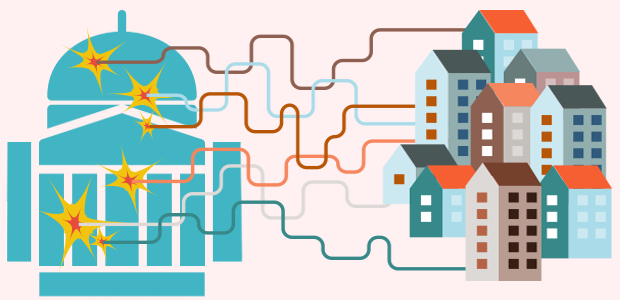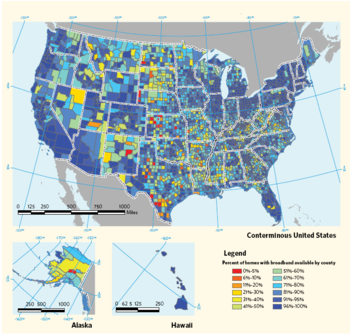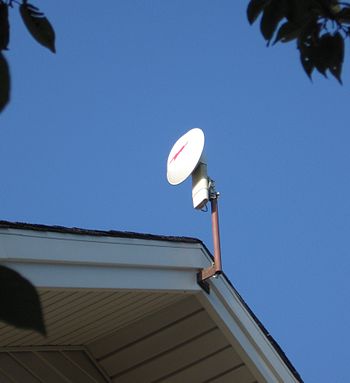By Stephanie Kanowitz
As communities across the country continue to clamor for high-speed broadband, the number of critics speaking out against municipal broadband is growing.
At the heart of the debate is whether governments or private industry should have jurisdiction over broadband. Those who favor private industry point to the historical success of capitalism, while “broadband populists,” as a new report by the Information Technology and Innovation Foundation (ITIF) calls them, favor government regulation and operation much like other city services. Continue reading







